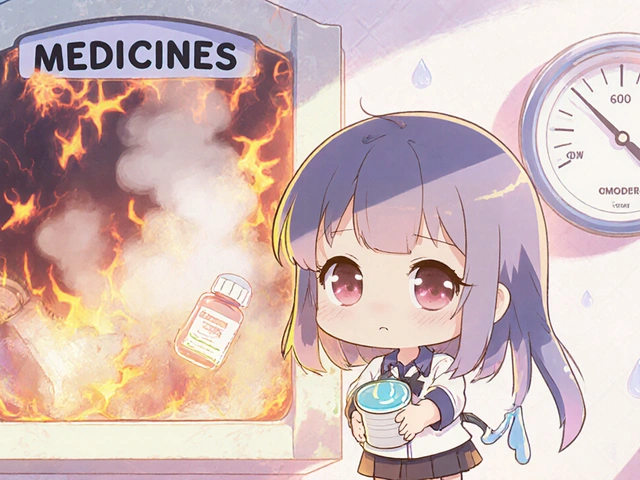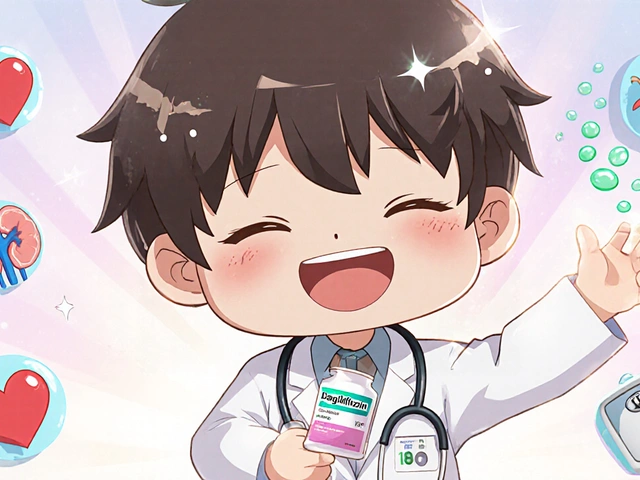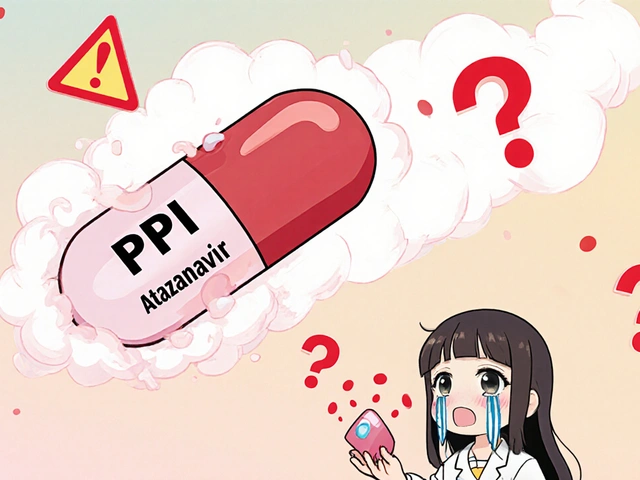Taste Buds: What They Are and Why They Matter
Ever wonder why a strawberry feels sweet and a lemon feels sharp? It all comes down to tiny sensors on your tongue called taste buds. These small clusters of cells send flavor signals to your brain, letting you enjoy everything from pizza to coffee. Understanding how they work helps you protect them and get the most out of every bite.
How Taste Buds Detect Flavors
Each taste bud contains 50‑100 taste receptor cells. When food dissolves in your saliva, chemicals bind to these receptors. Your brain then interprets the pattern as sweet, salty, sour, bitter, or umami. The five basic tastes combine with texture and aroma to create the full flavor profile you experience.
Factors That Can Mess With Your Taste
Several everyday things can dull or distort taste. Smoking, certain medications, and a dry mouth reduce the number of active receptors. Illnesses like colds or COVID‑19 can temporarily shut down taste signals. Even a poor diet lacking zinc or vitamin B12 may affect how sharply you perceive flavors.
But you don’t have to just accept a bland palate. Simple habits can keep your taste buds in top shape.
Quick Tips to Keep Your Taste Buds Healthy
1. Stay hydrated – saliva is the medium that carries flavor molecules to your receptors. 2. Brush your tongue gently when you brush your teeth; plaque buildup can block taste pores. 3. Limit very hot or very cold foods, which can damage sensitive cells over time. 4. Add a pinch of zinc‑rich foods like pumpkin seeds or beans to your diet. 5. Quit smoking or using nicotine products – they shrink taste bud clusters within weeks.
Following these steps not only protects your taste buds but can also make meals more satisfying, which may help with healthy eating habits.
When to See a Professional
If you notice a sudden loss of taste, persistent metallic flavors, or a bitterness that won’t go away, it’s time to talk to a doctor or dentist. These could signal an underlying condition, medication side effect, or a need for a specific test. Early detection often leads to straightforward treatment.
Remember, taste buds regenerate roughly every two weeks, so giving them the right environment lets them bounce back faster.
Bottom Line
Your sense of flavor is a team effort between taste buds, saliva, and the brain. By staying hydrated, maintaining oral hygiene, and watching your diet, you give your taste buds the support they need to work every day. Next time you bite into an apple, take a moment to appreciate the tiny sensors making that sweet crunch possible.
How Dry Mouth Affects Your Taste Buds and Appetite

Dry mouth can dull taste buds, shrink appetite, and trigger cravings. Learn why it happens, how it impacts eating, and simple steps to restore flavor and hunger.
read more



